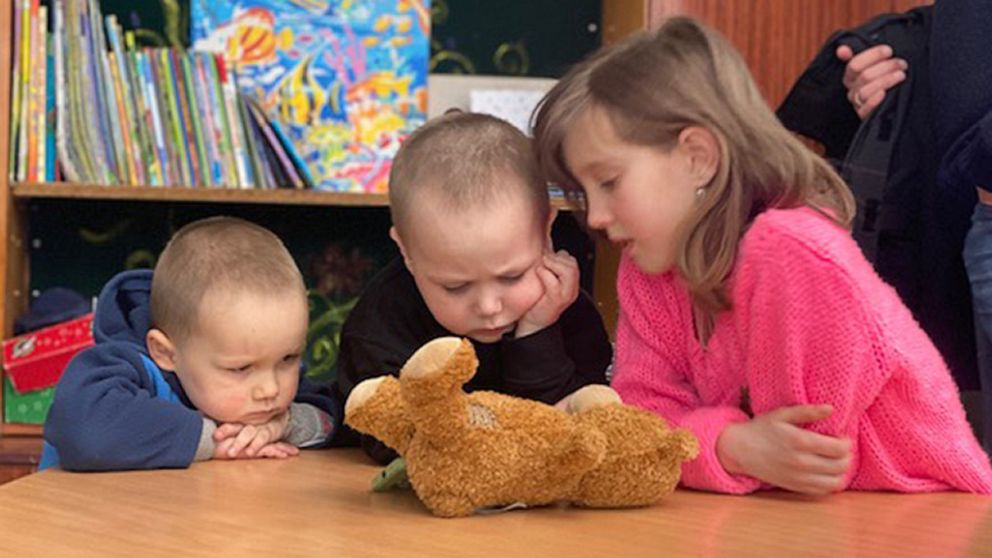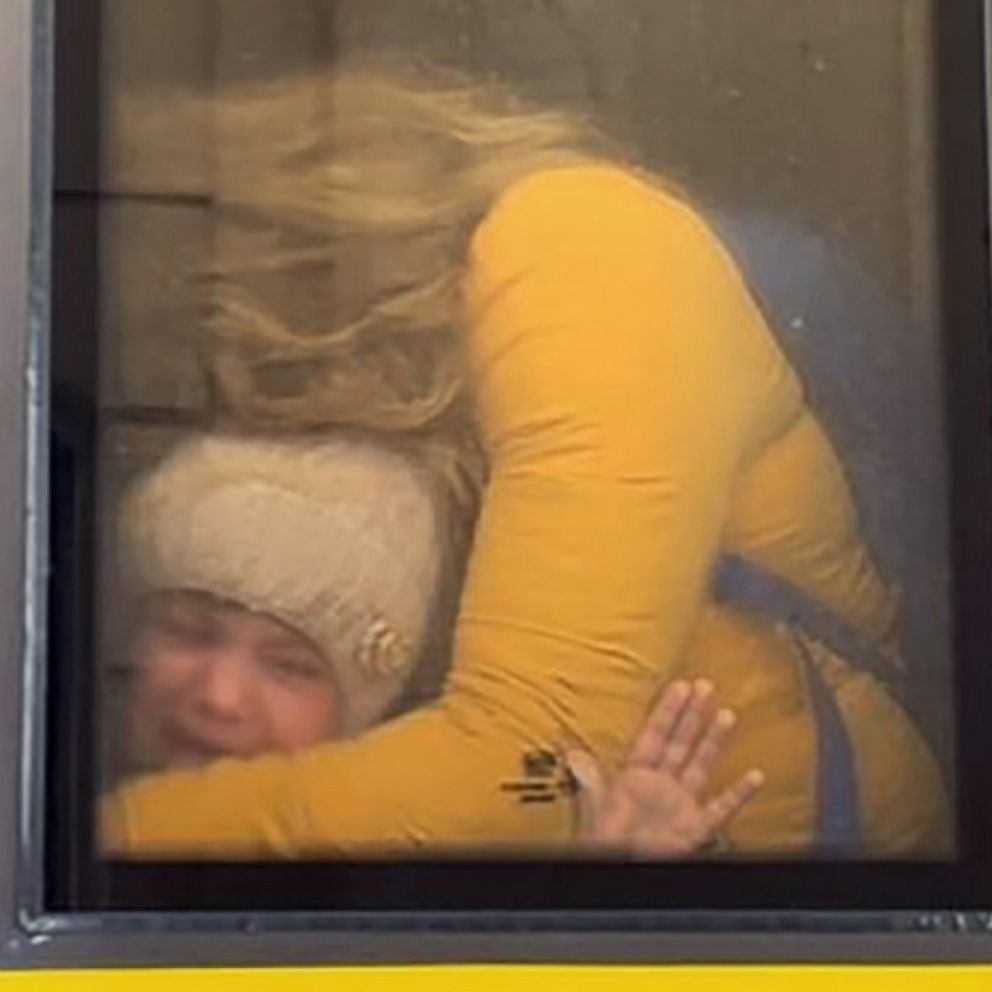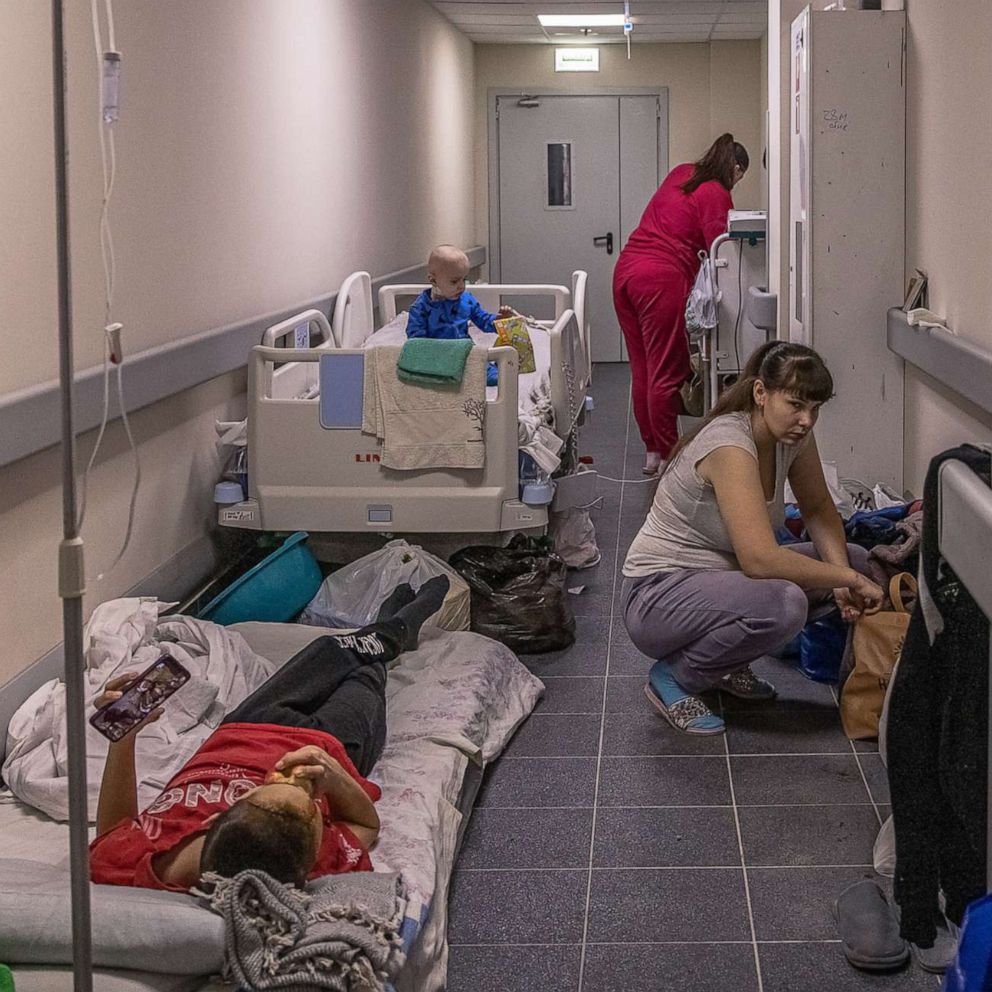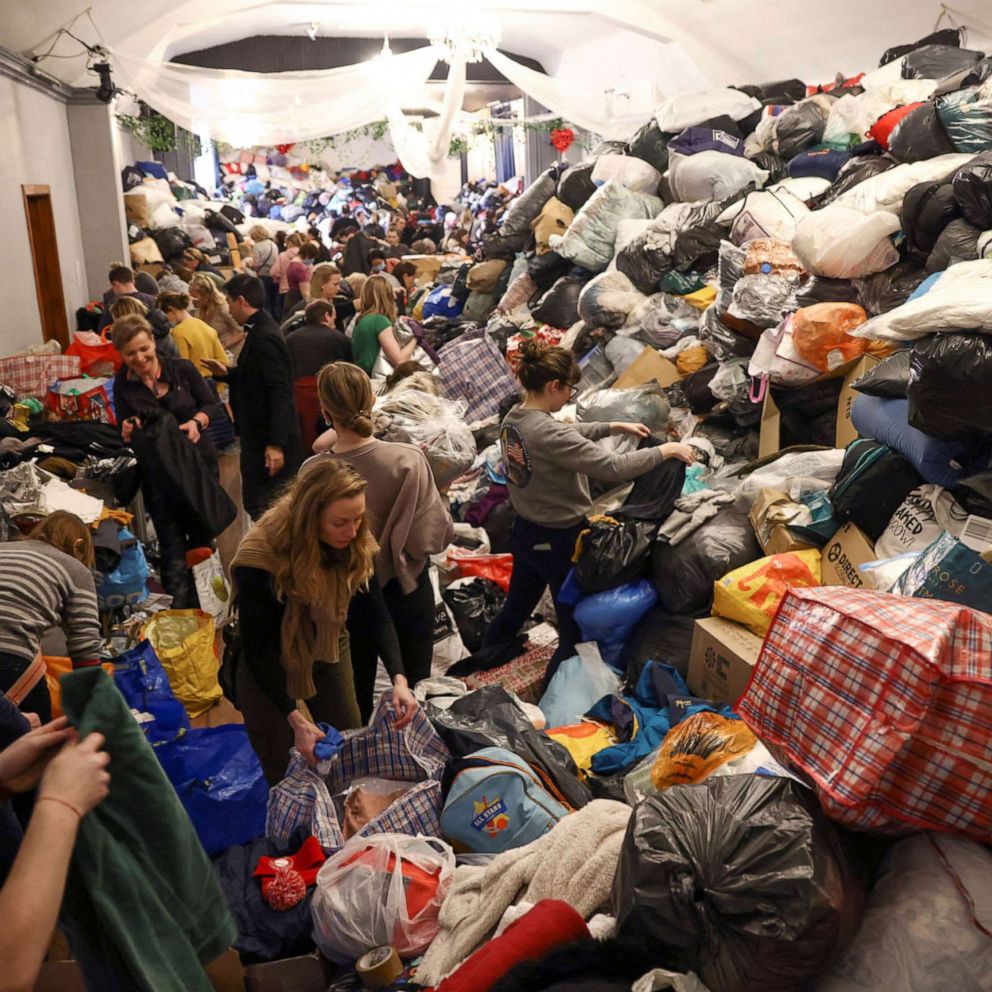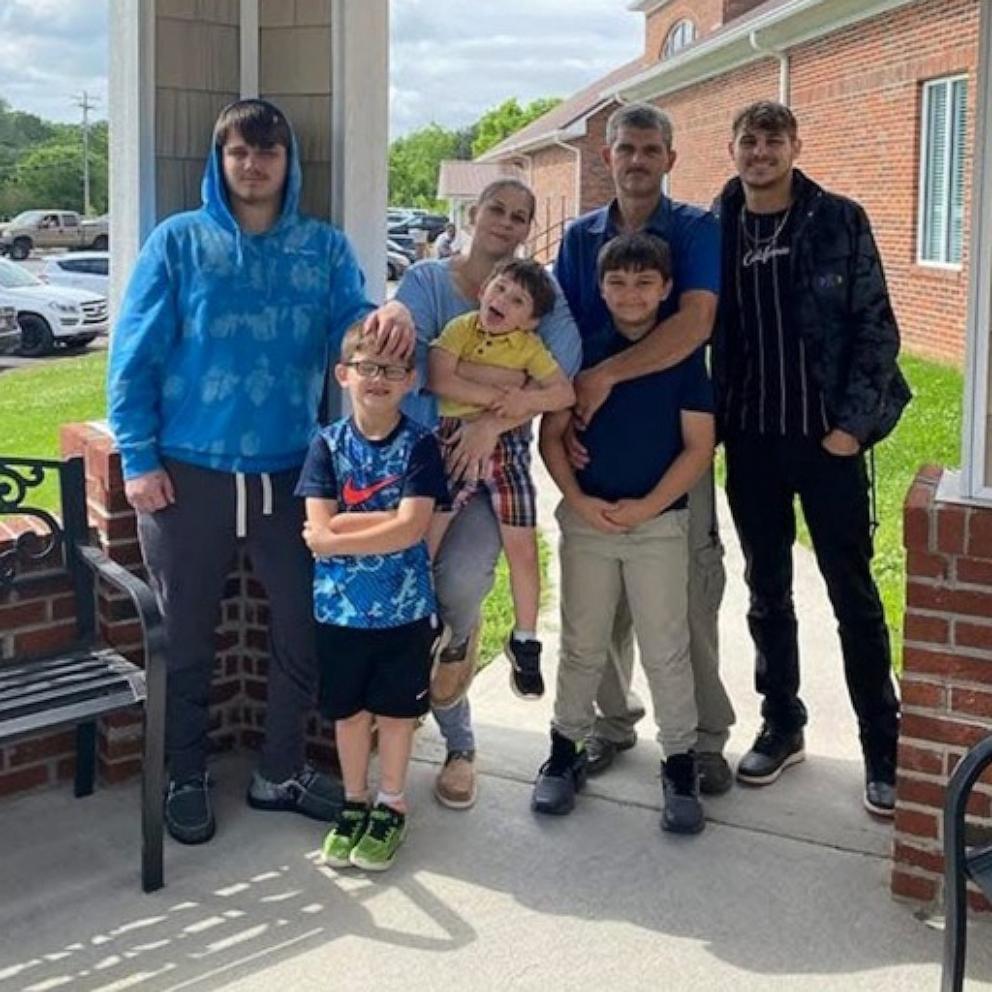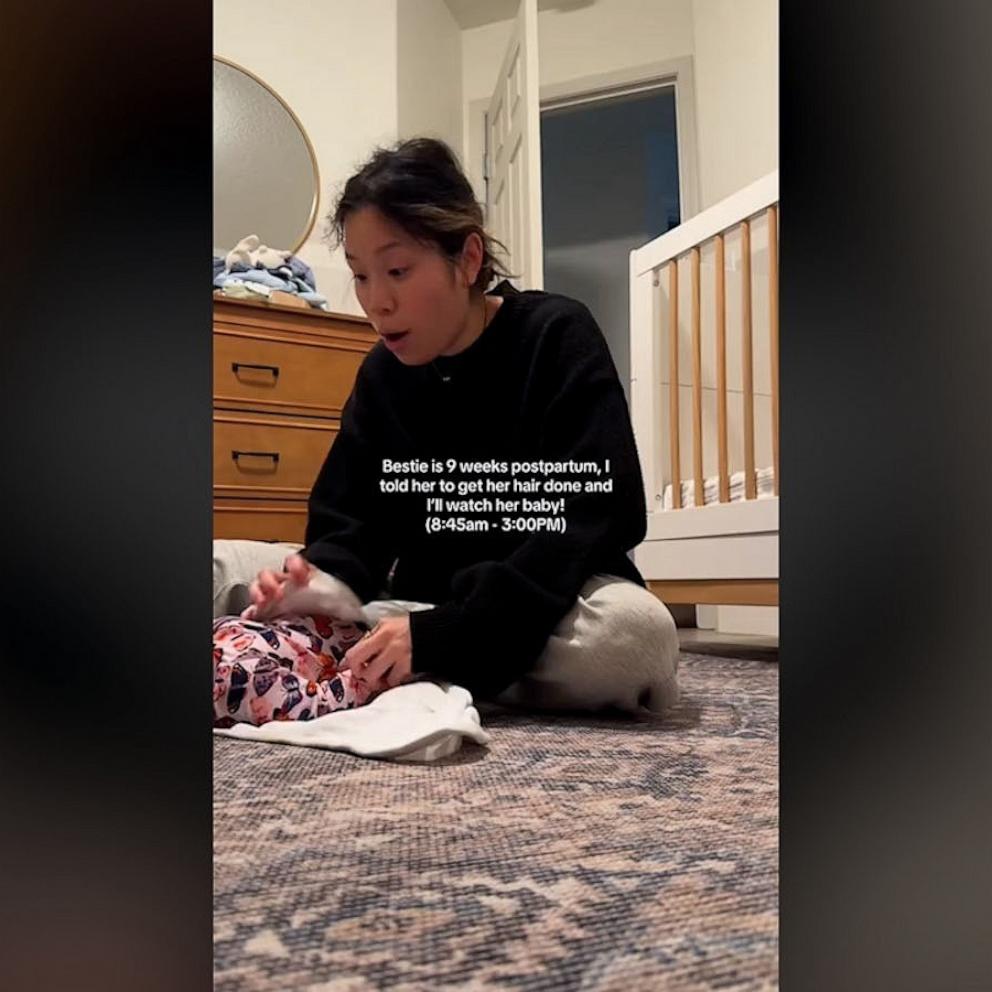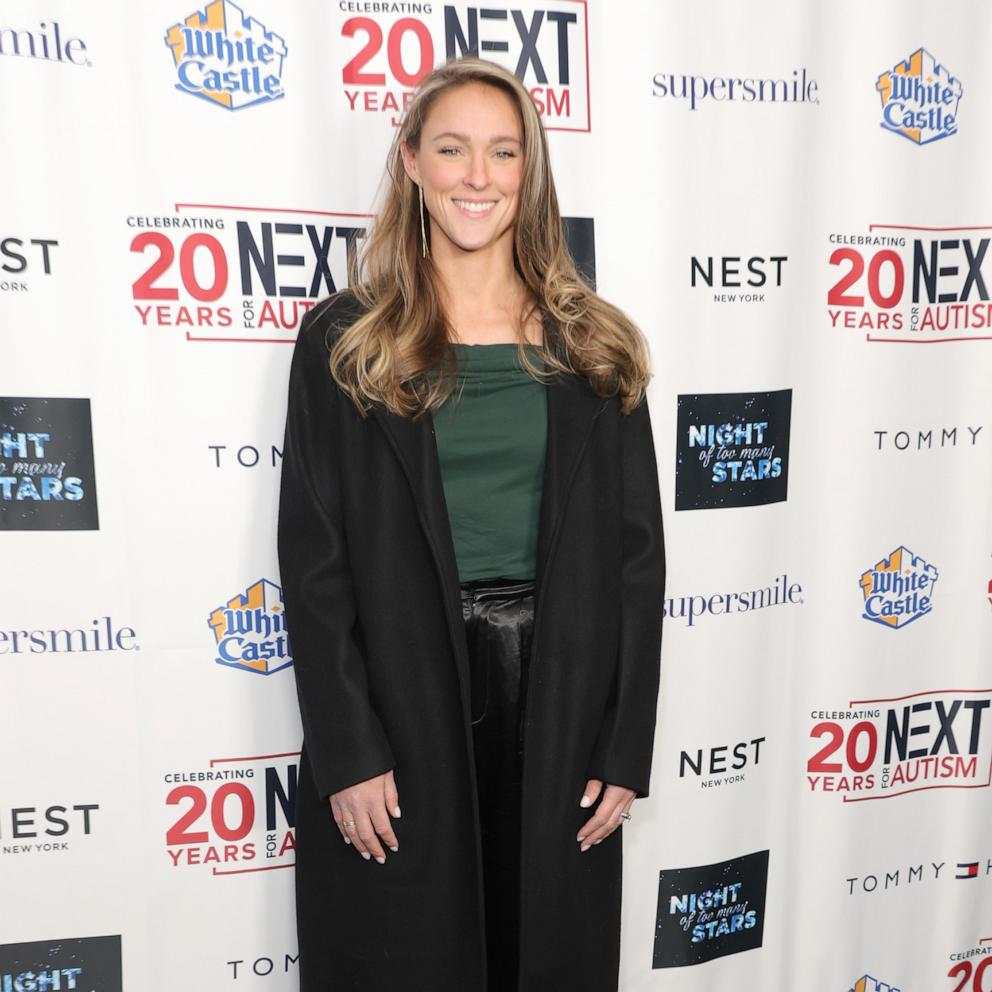Inside orphanage in Ukraine, young children endure war
As millions of people flee Ukraine amid intensifying attacks from Russia, inside a state-run orphanage in Lviv, dozens of children remain.
The children, who range in age from 3 to 16, have already fled war-torn Eastern Ukraine to make it to Lviv, where they are expected to stay through the war.
The principal of the orphanage, Svitlana Havryliuk, told ABC News' Matt Gutman that if the fighting approaches, the children will take refuge in the orphanage's bomb shelter. She said the children have already been through too much and need stability, instead of fleeing again.
At the orphanage, which has nearly double its usual population, the children play with toys, watch "Paw Patrol," and do enrichment activities with volunteers.
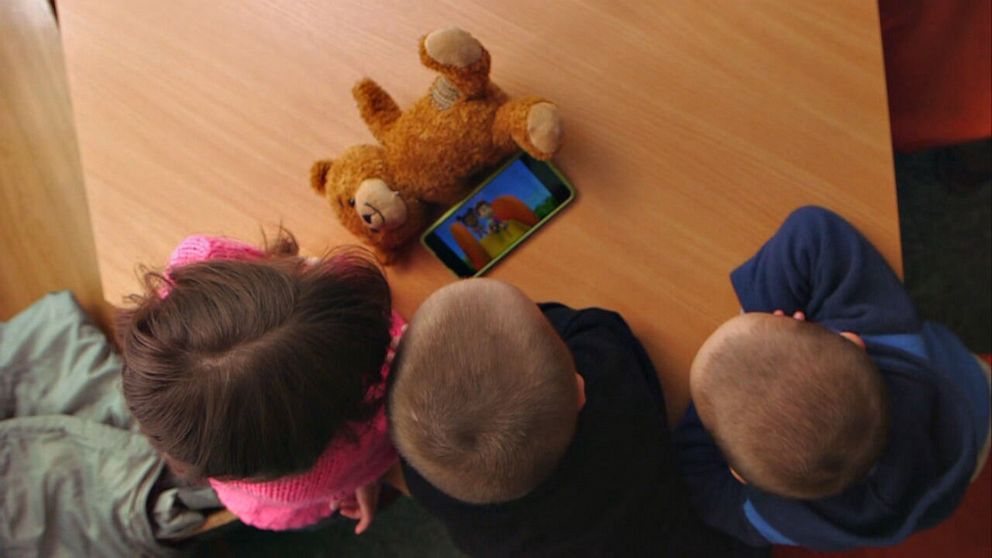
Anna Borshchuk, who was studying political science in college before the conflict, now volunteers with the children.
"I think just time spending with them, being with them is the most important," she told ABC News. "Not like maybe money, not other games, but just being with them."
Before the war, 100,000 children in Ukraine were being raised in institutions, according to government statistics, a United Nations Children's Fund spokesperson told ABC News.
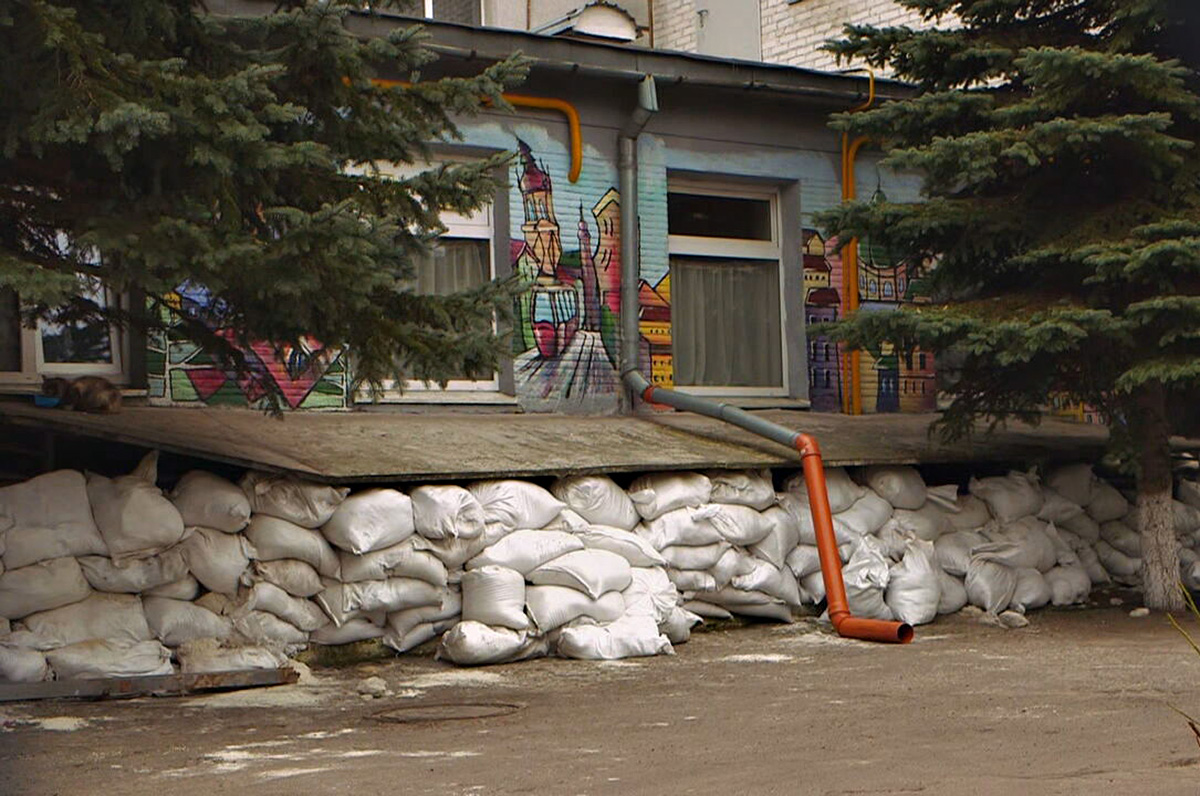
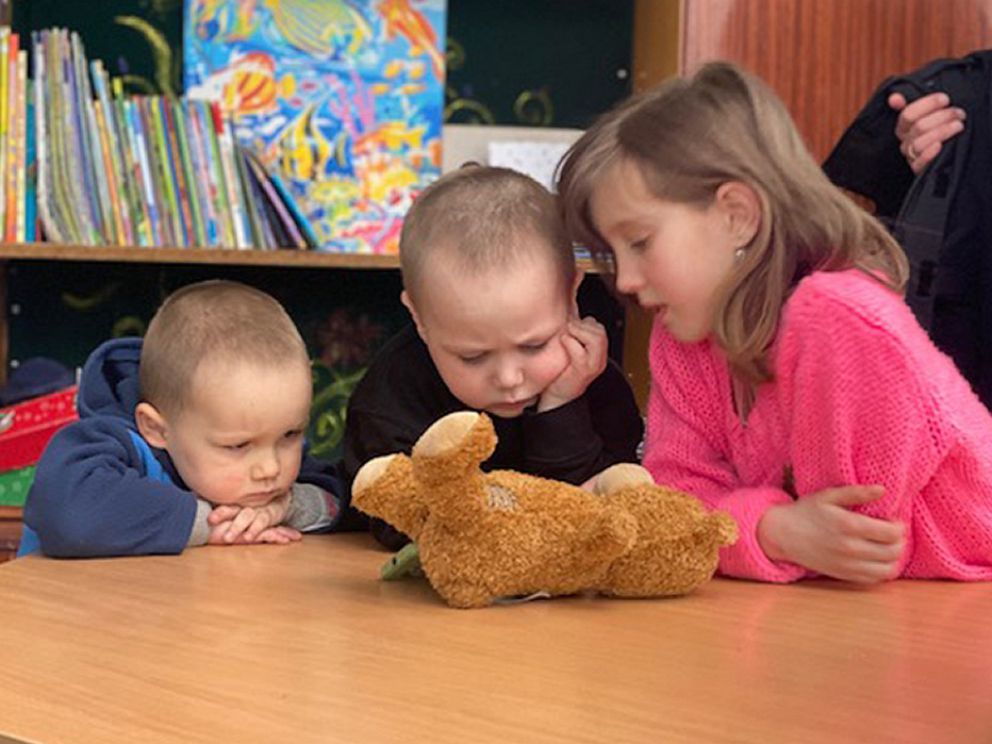
Many of the institutions are located in hot spots, according to the spokesperson, who added that many of the children in institutions, such as boarding schools and orphanages, have disabilities.
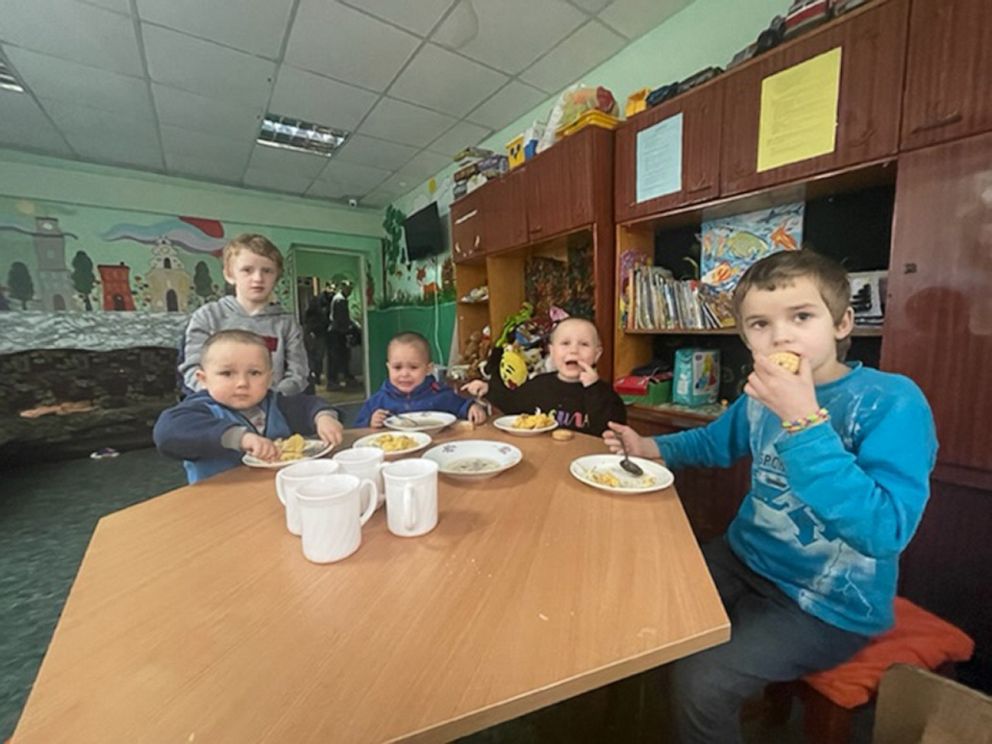
These institutions are being evacuated without proper monitoring of the children's situation, according to UNICEF.
The children sheltering in the Lviv orphanage panic and sob when they hear sirens, according to Havryliuk, who said the children need love and qualified social workers.
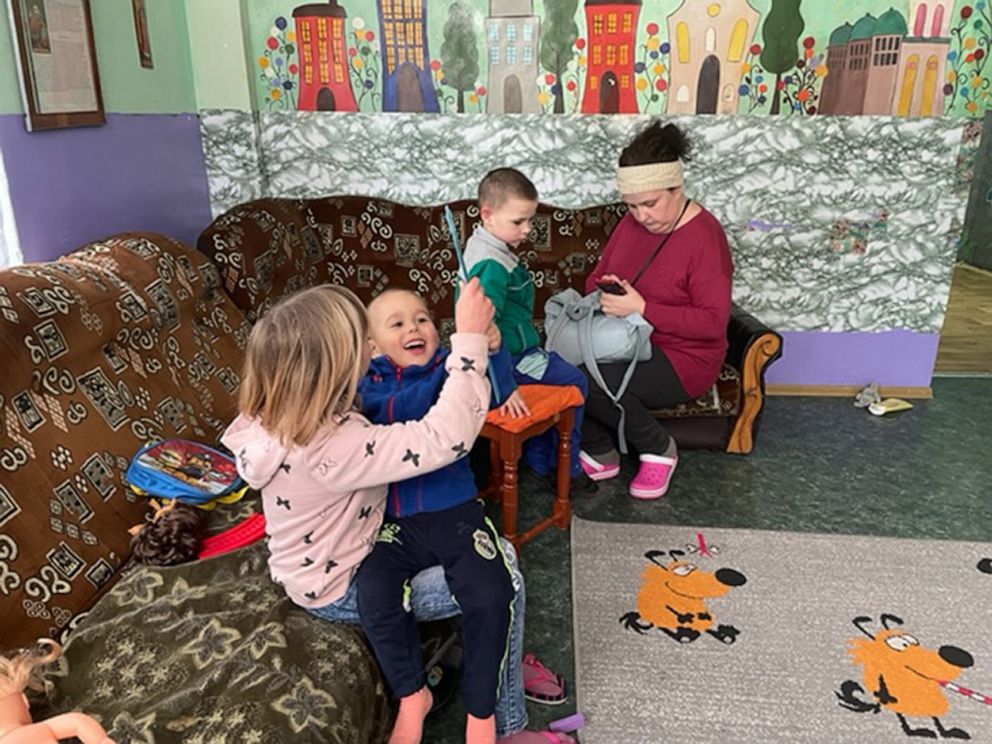
"During the first day, it was horrible," she said. "Probably every child was yelling shouting, screaming, and it was impossible to go downstairs to the bomb shelter."
Describing how she and volunteers calm the children down, Havryliuk added, "If a child is terrified, you have to stay calm. Then you give them a hug and then he calms down."
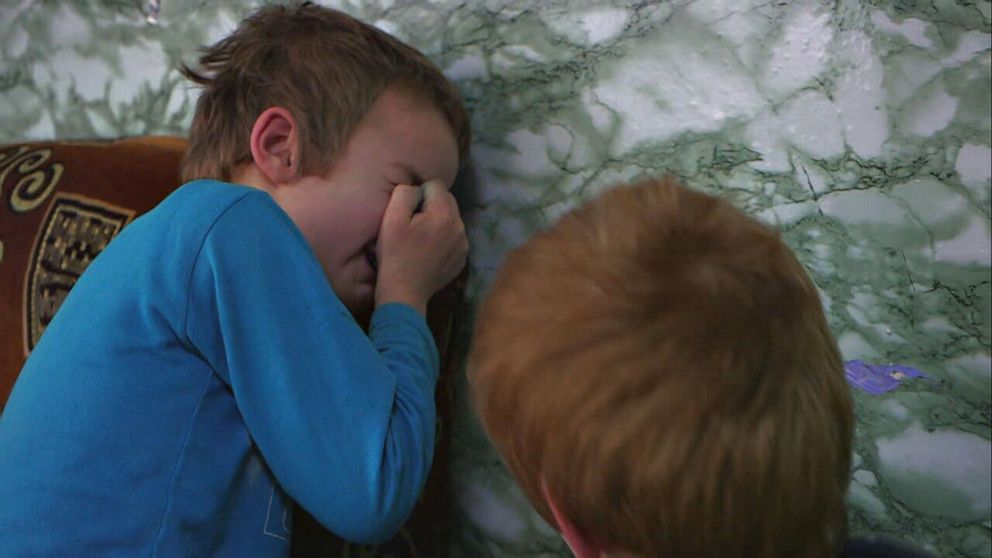
While in non-war times some of the children would be adopted by families, including those in the United States, those adoptions have been put on hold.
Jennifer Mitchell, a mom of eight, including three children adopted from Ukraine, is a co-founder of Host Orphans Worldwide, a U.S.-based organization that matches host families in the U.S. with Ukrainian children.
While Host Orphans Worldwide does not facilitate adoptions, about 75% of kids in its program end up getting adopted by people in the U.S., according to Mitchell. She said Ukraine has a high number of U.S. adoptions because it has both one of the shortest wait times for international adoption and one of the largest populations of children in need.
Mitchell and her husband were in the process of adopting a 12-year-old girl in an orphanage in Eastern Ukraine, but they have not spoken to her in over a week.
With no end in sight to the conflict with Russia, Mitchell said she fears the end result for children in Ukraine.
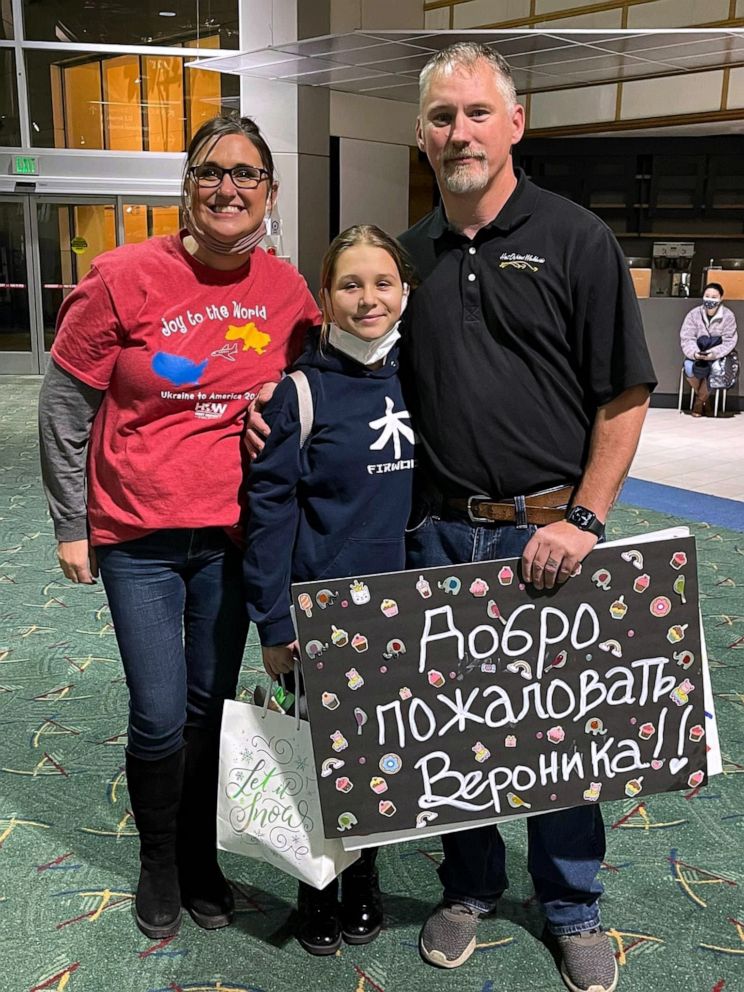
"The orphan crisis in Ukraine was already bad and this, it's just going to be a humanitarian emergency," she said. "It is horrific."
A spokesperson for the U.S. State Department told ABC News they are "closely monitoring the situation" while also continuing to communicate with adoption service providers.
"We understand how difficult this situation is for families pursuing parenthood through adoption in Ukraine," the spokesperson said. "We strongly encourage prospective adoptive parents to not travel to Ukraine at this time and for those currently in Ukraine to depart immediately if it is safe to do so using any commercial or other privately available ground transportation options."
"Prospective adoptive parents should remain in regular contact with their own adoptions service provider," the spokesperson continued.
According to the spokesperson, prospective adoptive parents may contact the Office of Children’s Issues directly at Adoption@state.gov, and visit the State Department's website for more information.
ABC News' Yuri Zaliznyak, Zoe Magee, Conor Finnegan and Robert Zepeda contributed to this report.
